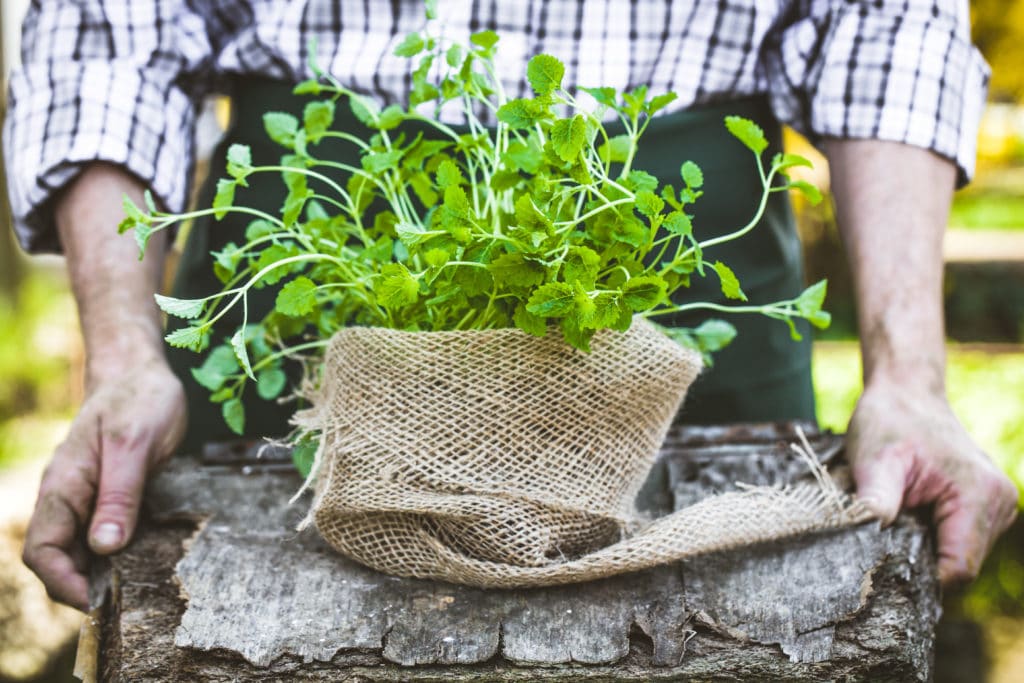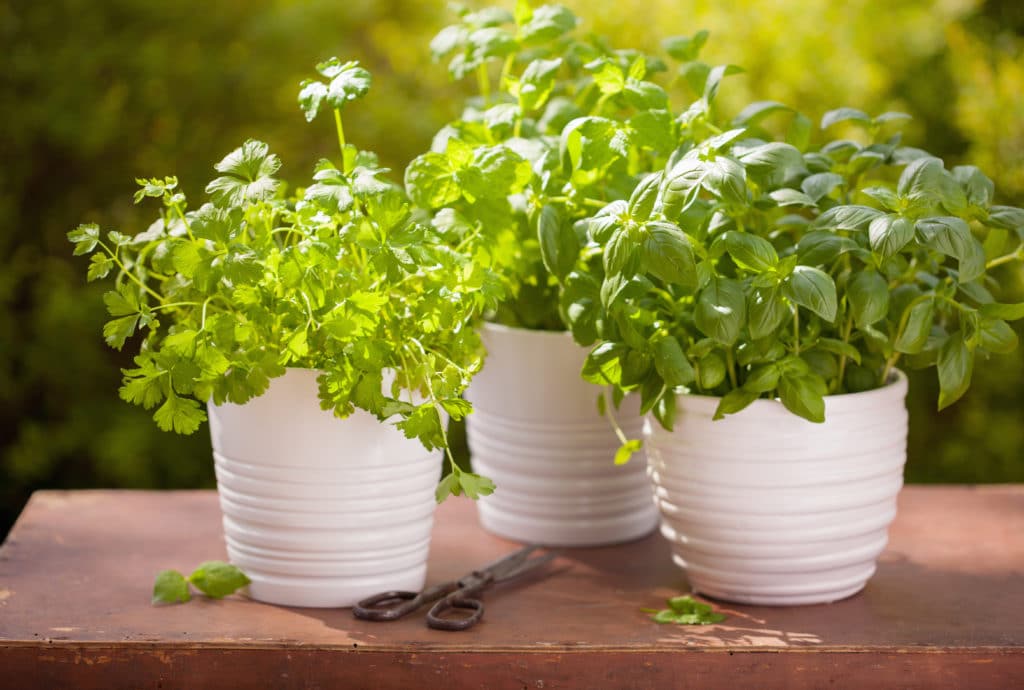A phrase we hear more and more often nowadays is that herbs and other natural remedies can be as effective as traditional treatments, often without the same negative side effects. Though herbs have been used for hundreds of years to heal, scientists are finally starting to substantiate these plants’ abilities to alleviate arthritis pain, reduce high blood sugar and cholesterol, and help with many other conditions. They’re even discovering amazing new powers in the best healing herbs.
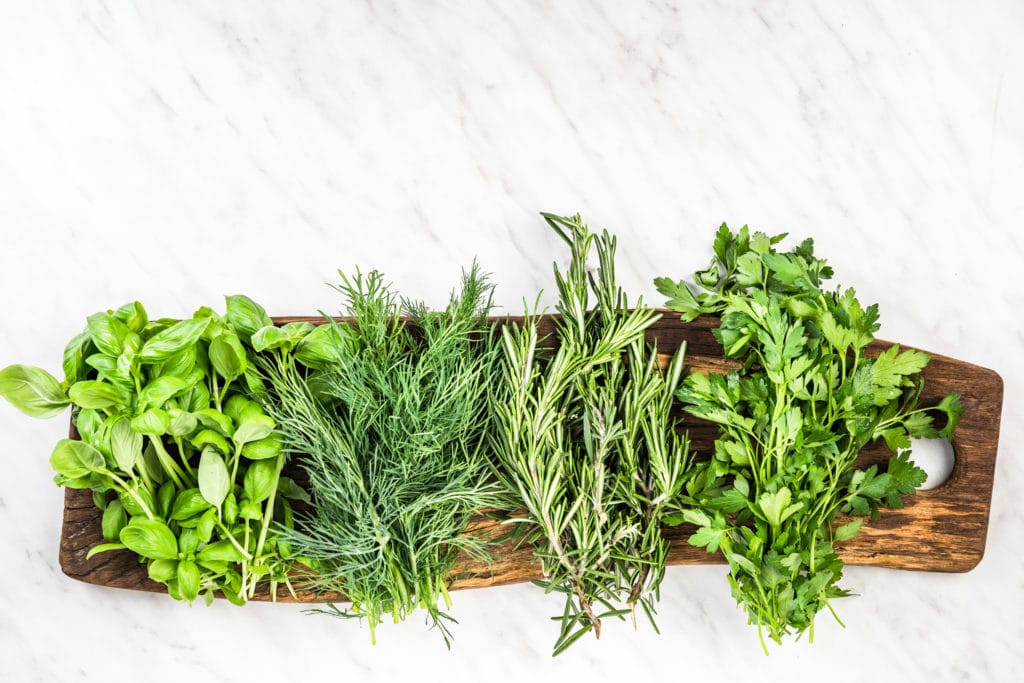
Of course, we’re not here to say yes or no to any of that, but like a lot of us, finding something other than the popping a pill method is always worth investigating and if there is something to be gained from our naturally grown herbs, then we for one are all for giving it a try, or at the very least, exploring a little more.
If that’s what you’d like to do then Cardiff University are running a part time course focusing on just that. After months of lockdown, maybe exploring other methods of health is for you?
This course will focus on the traditional use of plants in Western herbal medicine, particularly those growing wild or easily cultivated in the UK, but will also consider plants used in other cultures around the world.
There will be an introduction to the main body systems and the safe and effective use of plants for common ailments. Practical sessions will offer the opportunity to learn how to make herbal infusions, decoctions, tinctures, creams, ointments, oils and poultices. The range of topics to be covered is as follows:
- botany – plant structure and identification – in the classroom, and in the field
- plant chemistry
- essential oils – chemistry and production
- human anatomy and physiology – pathology of the body systems
- herbs for specific conditions
- preparation and application of: infusions, decoctions, tinctures, oils, creams and ointments
- the actions of herbs and their physiological effects
- traditional herbal medicine and it’s origins – China, Tibet, India, America
- safety first – precautions and guidance on correct usage.
This course is ideal for anyone interested in the practical aspects of herbal medicine.
So we did a little bit of research ourselves and came up with the following information. Did you know that the Romans used to sting themselves with nettles, and the Anglo Saxon’s used garlic and sheep’s wool to cure ear ache.
Turmeric: Ease Arthritis
A helping of curry could relieve your pain. That’s because turmeric, a spice used in curry, contains curcumin, a powerful anti-inflammatory that works similarly to Cox-2 inhibitors, drugs that reduce the Cox-2 enzyme that causes the pain and swelling of arthritis.
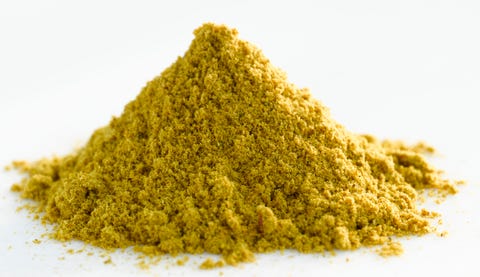
Cinnamon: Lower Blood Sugar
In a recent German study of type 2 diabetics, taking cinnamon extract daily successfully reduced blood sugar by about 10%. It might also lower cholesterol. Cinnamon packs a one-two punch for people with type 2 diabetes by reducing related heart risks. In another study of diabetics, it slashed cholesterol by 13% and triglycerides by 23%.

Rosemary: Avoid Carcinogens
Frying, or grilling meats at high temperatures creates HCAs (heterocyclic amines), potent carcinogens implicated in several cancers. But HCA levels are significantly reduced when rosemary extract (a common powder) is mixed into beef before cooking.
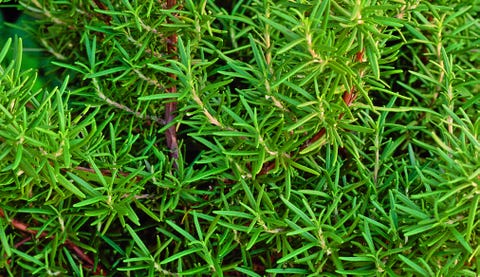
Ginger: Avert Nausea
Ginger can prevent stomach upset from many sources, including pregnancy, motion sickness, and chemotherapy. “This is one of Mum’s remedies that really works,” says Suzanna M. Zick, a research investigator at the University of Michigan. A powerful antioxidant, ginger works by blocking the effects of serotonin, a chemical produced by both the brain and stomach when you are nauseated, and by stopping the production of free radicals, another cause of upset in your stomach. In one study of cruise ship passengers traveling on rough seas, 500 mg of ginger every 4 hours was as effective over the counter motion-sickness medication.
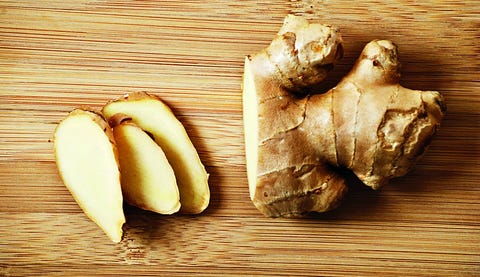
St. John’s Wort: Soothe Your Worries
You probably know that research has confirmed this herb’s power to relieve mild to moderate depression and anxiety as effectively as many drugs without a lot of the side effects. It might also help you sleep more soundly. St. John’s wort not only contains melatonin, the hormone that regulates our sleep-wake cycles, but it also increases the body’s own melatonin, improving sleep.
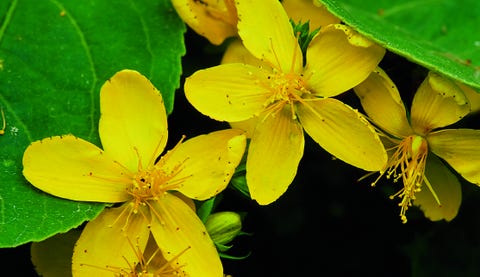
Garlic: Lower Cancer Risk
High consumption of garlic lowered rates of ovarian, colorectal, and other cancers, says a research review in the Journal of Clinical Nutrition. A Japanese clinical trial also found that after a year of taking aged garlic extract supplements, people with a history of colon polyps saw a reduction in the size and number of the precancerous growths detected by their doctors.
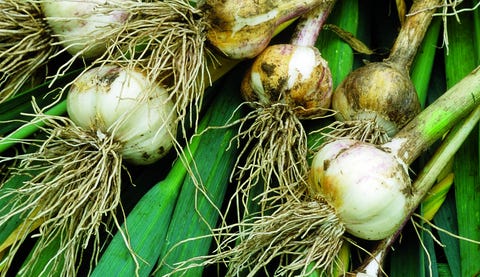
The Cardiff University HERBAL MEDICINE course is currently unavailable for booking but if you’d like more details, go here HERBAL

All health content on southwaleslife.com is provided for general information only, and should not be treated as a substitute for the medical advice of your own doctor or any other health care professional. If you have any concerns about your general health, you should contact your local health care provider.

